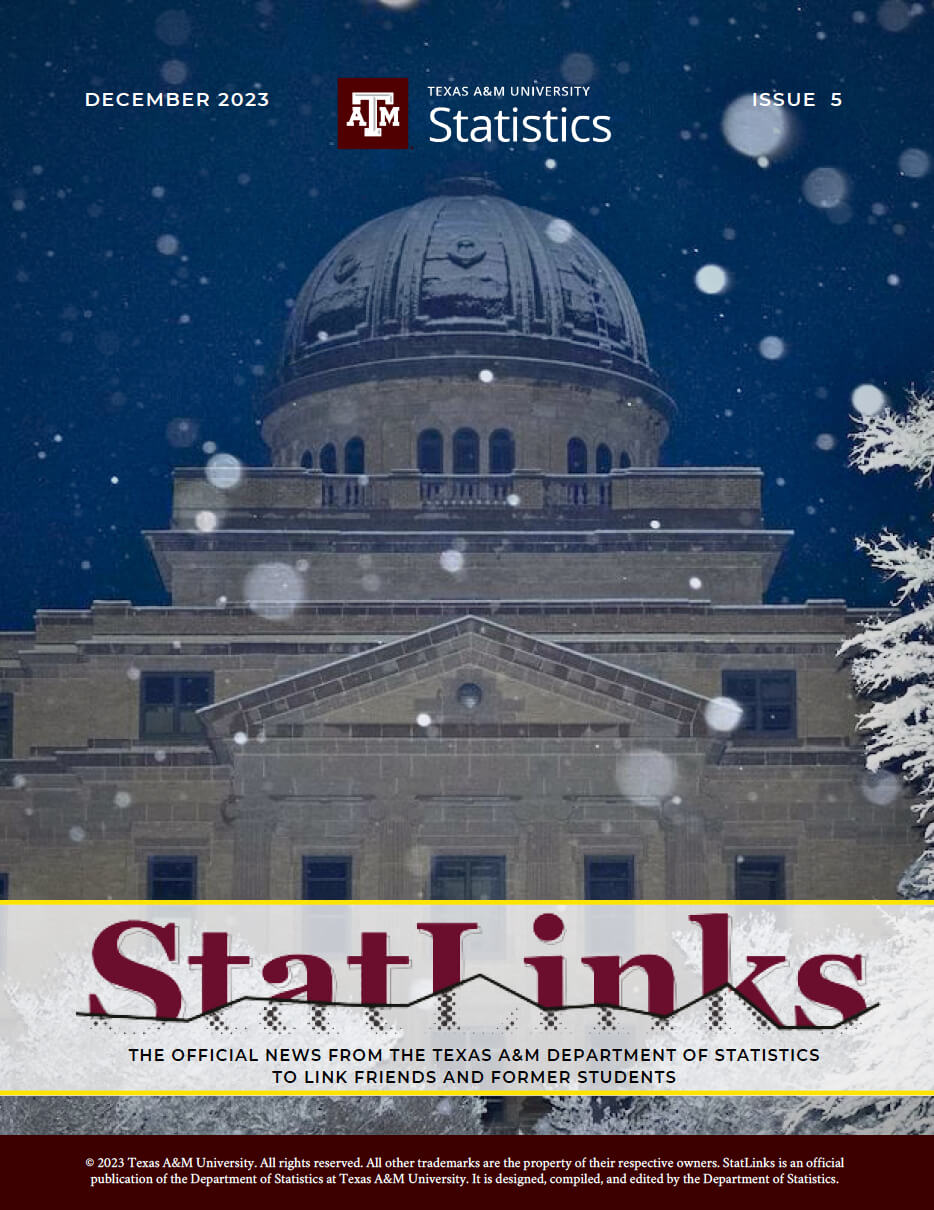DAVID E. JONES 
Department of Statistical Science
Duke University and SAMSI
Exoplanets: Detection and Design Methods
ABSTRACT
The radial velocity method is one of the most successful techniques for detecting exoplanets. However, radial velocity signals are often corrupted by stellar activity making it difficult to detect low mass planets.
In this talk we propose both sophisticated methodology for exoplanet detection in the presence of stellar activity and a new statistical information framework that can be used for optimally scheduling future observations in exoplanet searches. Our detection methodology includes: (i) a simple dimension reduction technique for constructing high-informative stellar activity proxies; (ii) a class of dependent Gaussian process models for the proxies, with an accompanying model comparison procedure. For SOAP 2.0 data, our approach results in substantially improved statistical power for planet detection compared with the latest methods in the literature. For the scheduling problem, we introduce our new theoretical framework for constructing statistical information measures that can be optimized in experimental design when decision problems are of interest. The decision context presents some unique challenges and we identify a fundamental coherence identity which, when satisfied, ensures that the optimal design does not depend on which model or hypothesis is true. We finish with theoretic insights on design for testing and estimation and an application of our proposals to a classification problem in astronomy which is closely connected with the exoplanets scenario.
Monday, 1/29/2018, 11:30 AM, BLOC 457

